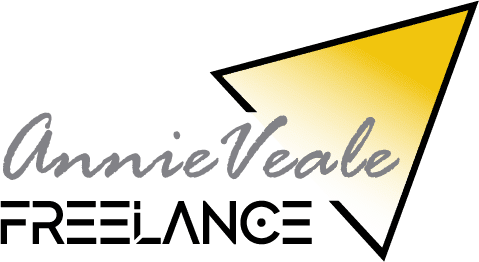Setting your strategy
Organising your Naming conventions
Creating an implementation Plan
Information on setting up Google Analytics 4 dashboards and reports.
Whilst GA4 is not strictly part of your optimisation work – the importance of reporting on the SEO work as part of your digital marketing campaigns is obvious and the GA4 switchover will affect how your SEO work is viewed – through the reporting available and poses some additional perspectives on whether it is achieving the right results or not.
It will also allow new reports that are location based within the site to be created much more easily and additional organic search data to be reported on within the GA4 property. SEO is fundamentally the tool to allow your site to be visible and much of the technical SEO work allows the technology to be served efficiently and with the right structure to allow the user to interact with its content in a manner that achieves your strategies, whilst also (hopefully) full filling the user and satisfying their own requirements for product and information. GA4 requires you to take a closer look at all this.
Setting your Strategy
You should create a strategy document or table – this identifies and confirms all the elements of your site – from the audiences and segments (ideal for identifying different campaigns) right the way through to your tactics and measurements of performance – the KPIs for the page or content.
The document should also ideally stipulate the website strategy to support the ultimate and core business objectives.
This strategy document is a useful exercise for any digital marketing activity and allows an organised and strategic approach to all the content creation which also allows the team and board to better understand the business within the digital space.
NAMING CONVENTIONS
Your naming conventions are the lists and rules that make your tagging understandable and reportable – without planning your naming conventions the data that is collected becomes inoperable and difficult to report on or to task through to the tech teams when working on the site and tagging structures. This is true of any analytics process – but the enforced transition to GA4 provides an excellent opportunity to do this now.
The type of naming conventions on which you need to decide can include – but are not limited to:
- audience types – the naming for identification and types and categories
- campaign categories – source, medium, campaign name etc
- behaviours – the types and categories
- event types – again – ideally we should categorise these
- the tag structure that corresponds with the above types (GTM)
Implementation
This document is a big spreadsheet – ideally, it should be your bible – it is necessary for any well-worked digital marketing activity and my advice would be to start it afresh for the GA4 switchover… Why? Surely this is a duplication of work?
To some degree yes it is – however, whilst I am not suggesting you completely ditch your current template – this new document will have to function for a completely different base data model – therefore trying to exactly replicate your existing reporting and performance is likely to become confusing and frustrating – the benefits of GA4 are considerable, but the reports are going to have to shift focus, this is especially true of eCommerce events – the enhanced eCommerce events that we are used to reporting on from UA are now requiring adjustment to the data layers and DLVs to allow the right parameters to be passed to GA4. Sounds like a lot of work right? To a degree, it is, however, the level of reporting now available for eCommerce events in GA4 is far more advanced and the dashboard allows a much more interactive exploration of the key events with the explore reports allowing one-click access to in-depth reports and drill-downs of those data sets.
The base metrics that many have used as KPIs – bounce rates for example have now been added as a parameter and are able to be added to the reports within the GA4 dashboard – it is possible to get similar information, and in my opinion, with the proper use of audiences GA4 is better able to produce more reliable information about the engagement and interest value of new users to the site – GA4 also allows better audience classification so – you will be able to categorise new users and report on their engagement levels with much greater ease across your key pages, traffic sources or campaigns.
GA4 EXPLORE REPORTS
The explore reports are a new function and one which you will find has many advantages – beyond the automatic linking of Google Ads – you will be able to set up audiences for remarketing via Google Ads here as well as in the configure section, which has now moved to the admin section of the GA4 property.
The number of reports you can set up is almost unlimited with an excellent range of templates and custom reporting capabilities – you will also be able to share these reports with your colleagues – which is a much better alternative to the now defunct ‘views’ for those of us without the Google 360 suite of tools.
Your Website
Additionally, you may be considering a new web build or redesign – the points to consider when embarking on such a project are usefully outlined here by DesignRush for website redesign services.
Much of the process of migrating to GA4 will prompt you to look more deeply into the performance of your site and marketing activity, possibly reinstating long-defunct UA ‘Goals’ and as a result, you will be able to make a judgment as to whether it is time for you to update your online offering.
I offer a complete package in regards to WordPress design and development and can offer freelance WordPress services from the initial ideation, through to design, and content. Most importantly, I know how to implement UI features to maximise time spent on page and conversions. In addition to this, all too often I am brought in from an SEO perspective after a new build or re-design has taken place, it is often the case that pure development agencies do not have the knowledge to conduct thorough SEO research or have enough SEO architecture experience to be able to redesign and maintain and build your SEO presence. This is something in which I excel.


